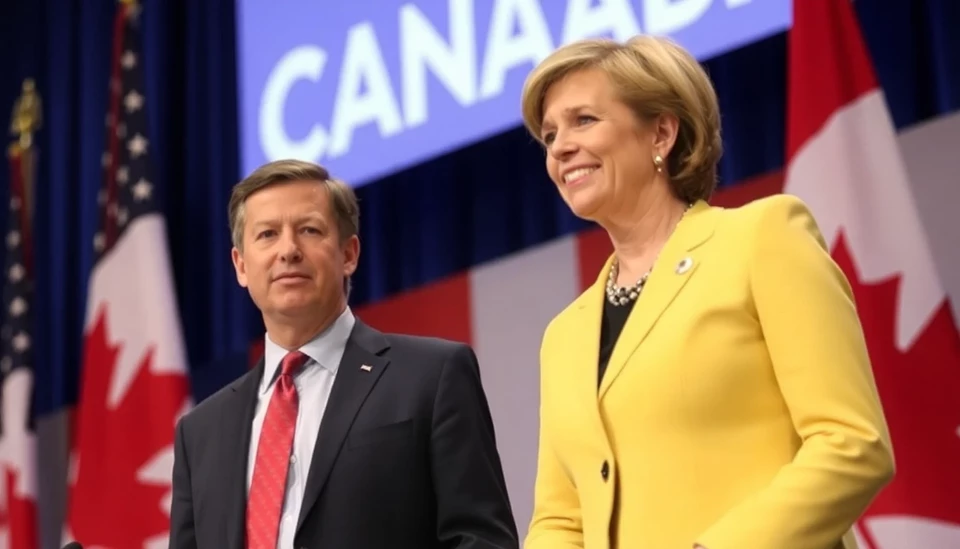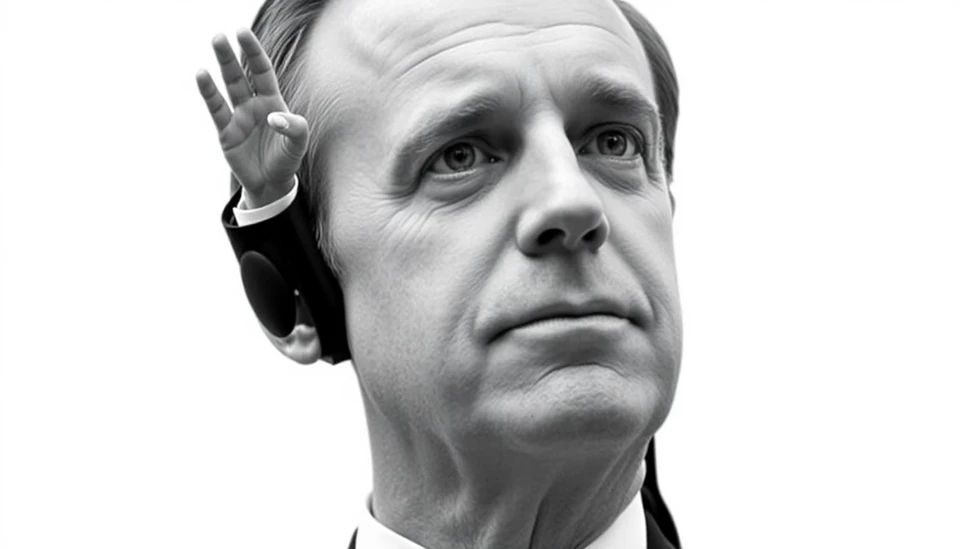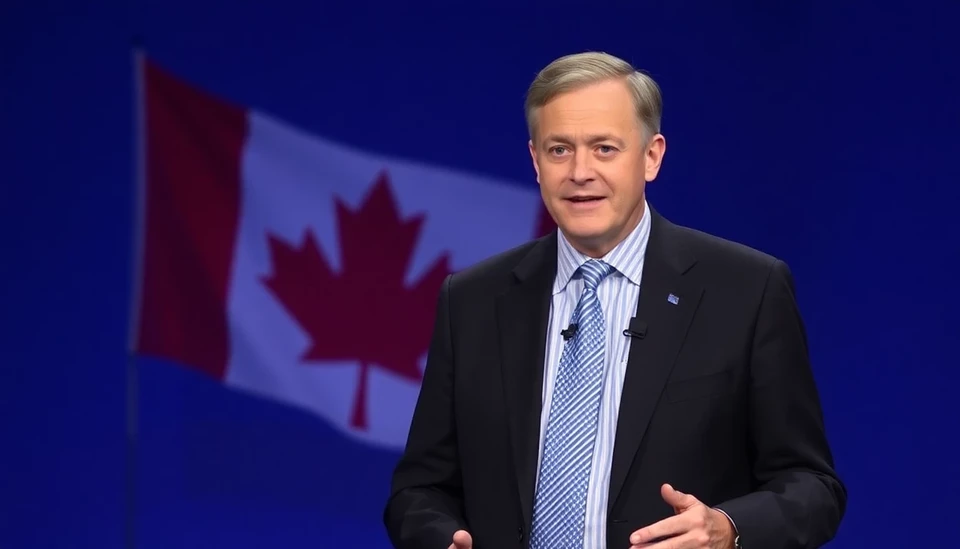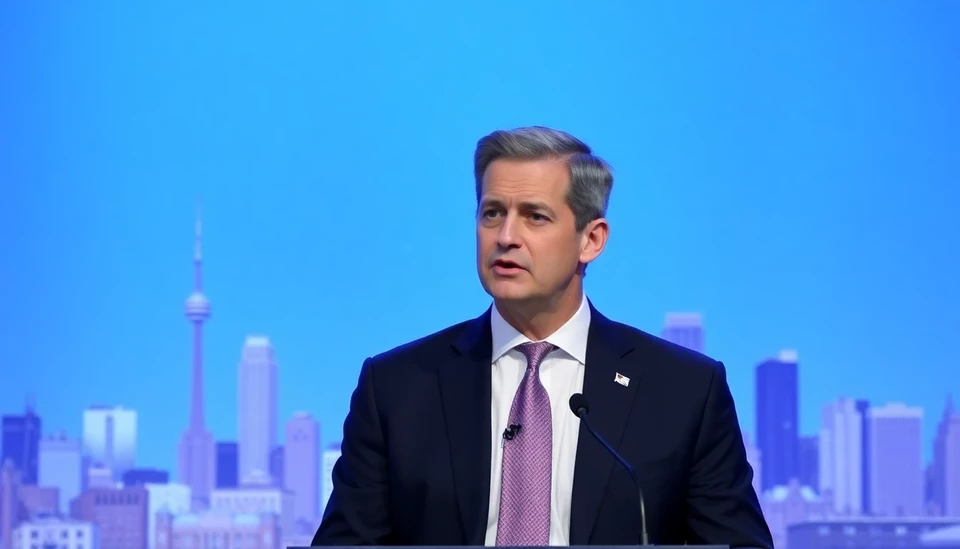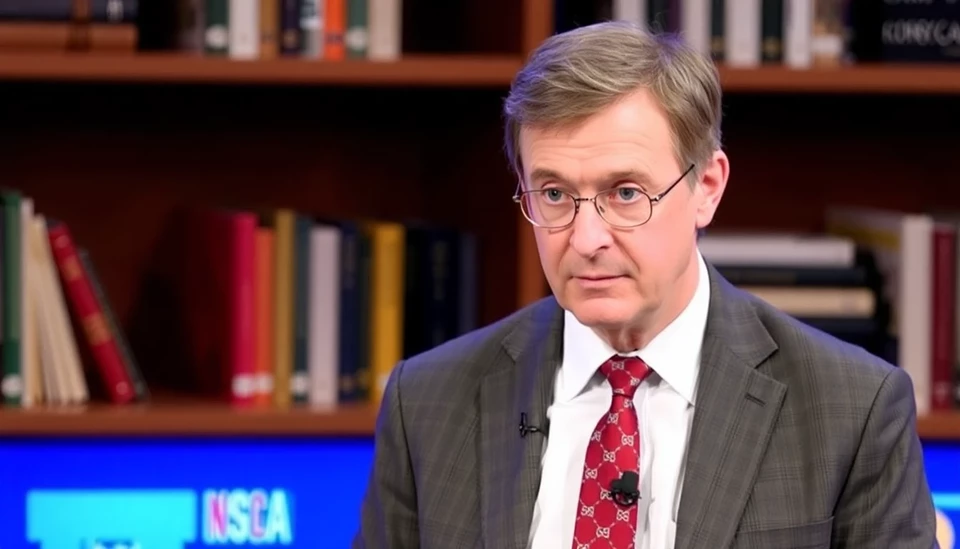
In the midst of a closely monitored election period in Canada, Mark Carney, the former governor of the Bank of Canada and the Bank of England, finds himself at a pivotal crossroads. As a key figure in advocating for climate policies and financial sustainability, Carney is not only challenged by the impending political climate but must also skillfully balance the expectations of various stakeholders concerned with environmental issues alongside economic stability.
With Canada's elections approaching, the discourse surrounding climate change has taken center stage. Carney, who has been instrumental in evolving how financial institutions perceive and address climate risks, is tasked with ensuring that environmental priorities remain at the forefront of governmental agendas. Amidst rising electoral pressures, he is walking a tightrope as he strives to align these priorities with the economic realities that dictate the nation's fiscal policies.
One of the primary challenges Carney faces is shifting the perspective of those skeptical about climate-related investments. Many voters and politicians prioritize immediate economic concerns, such as cost of living and job creation, sometimes sidelining long-term environmental strategies. In response, Carney emphasizes the potential for green investments to generate jobs and support economic growth, making a case that climate action is intrinsically linked to financial resilience.
The stakes are particularly high given the economic recovery phase post-pandemic, where Canadians are increasingly concerned about inflation, employment, and their livelihoods. As Carney engages with various political parties, he emphasizes the importance of resilience against climate events and the long-term consequences of neglecting environmental commitments. His persistent advocacy for a green economy is framed not as a luxury but as a necessity for Canada's future growth and stability.
In his role, Carney has been pivotal in fostering dialogues between politicians, business leaders, and activists. He is striving to influence policy decisions that take into account environmental sustainability while ensuring economic viability. His efforts are recognized both domestically and internationally, exemplifying Canada's potential leadership role in the global fight against climate change.
The upcoming elections are set against a backdrop of increasing natural disasters and climate-related incidents, amplifying public awareness and urgency around these issues. Carney’s ability to convince both the electorate and their representatives that a green transition is beneficial for all could very well dictate the outcome of the elections and the direction of Canadian policies moving forward.
As he continues to navigate this complex landscape, Carney remains a figure of interest for both environmentalists and economists. His insights are indispensable as Canada seeks to harmonize its climate strategies with real-world economic challenges in the face of electoral pressures.
Ultimately, whether Carney can rally sufficient support for his vision amidst the vying interests of electioneers and the electorate may significantly influence Canada's trajectory toward sustainable development. The implications of this election extend beyond borders, impacting global efforts in climate action and how major economies adapt to the changing world.
In summary, Mark Carney stands at a crucial intersection of policy and politics during this vital election. As he advocates for the integration of climate action within economic planning, he reaffirms the perspective that embracing sustainability today can lead to a prosperous tomorrow for Canada.
#MarkCarney #ClimateAction #CanadaElections #GreenEconomy #Sustainability #EconomicGrowth #ClimateLeadership
Author: Peter Collins
